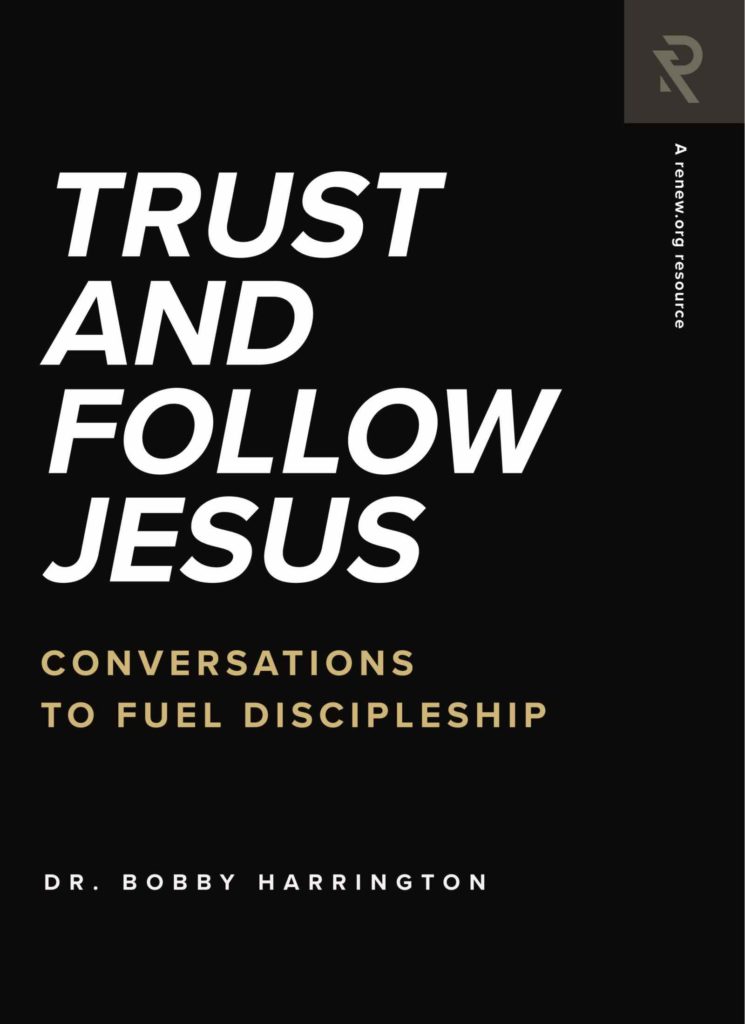
The Old Chords Were Set Vibrating: Reawakening Our Mission
Often in the Word we read of people sent on missions: Jonah to Nineveh (Jonah 1:2), Isaiah to the Israelites (Isaiah 6:8–9), Saul to the Amalekites (1 Samuel 15:18–24), Jesus to the earth (John 1:11–13).
Are you clear on your mission? This means commitment to God, living your life for him (2 Corinthians 5:15).[1] This means doing great things for God, praying grand, global thoughts, not puny, parochial prayers! And this means thinking, believing, dreaming, living, and dying heroically. As Horace Mann remarked, “Be ashamed to die until you have won some victory for mankind.” And as the apostle remarked, “Grace to all who love our Lord Jesus Christ with an undying love” (Ephesians 6:24). Undying love—you’re in it for the long haul, disciple.
True zeal is more than skin deep. It is not a costume you don every Sunday. God’s claim on our life is total, not partial. Have you compromised your mission?
Slain by a Fierce, Wild Beast!
Deep in our hearts many of us have always suspected this is the way it must be—if there is a God, his Word is true, and we are to follow him. Ever since I was a little boy I knew (from Sunday school) that we were supposed to live for God. I heard about people who sold everything and lived in poverty—and something in my soul responded, “I should live that way, too.” There was a certain attractiveness to the grand old hymns, waxen candles, and walks through cemeteries, thinking about God. Even confirmation classes intrigued me! And I still remember the words of a song I heard when I was six or seven years old:
I sing a song of the saints of God, patient and brave and true:
They toiled and they fought and they lived and they died
for their own good Lord they knew.
And one was a doctor and one was a priest and one was slain by a fierce, wild beast;
And there’s no, not a reason, no not the least Why I shouldn’t be one too![2]
My conscience was mildly haunted by the words of that song for another twelve years—especially by the thought of being slain by a beast! Could there be something so worth living for that it was also worth dying for? The words remained in my heart, until I began to consider the Bible more seriously. Looking back now, I believe I was just waiting for a chance to become committed. (Maybe you were, too!)
When I met men and women who lived as committed a life as the one they taught (and sang) about, the old chords were set vibrating, and I knew that my quest, in one sense, was at an end.
The world is looking for a cause, something to live for. People rally behind one cause or another, but seldom with the clarity and resolve of Christ. It is up to us to show them that Jesus Christ is worth living for. And dying for, if that is what we are called to do. It’s all part of the mission.
Holiness an Option?
Is holiness an option? Is the mission only for those who feel comfortable with it, or are we all called to “fish” (Luke 5:4), to “gather” (Luke 11:23)? In these days of “church of your choice” and “nonjudgmentalism,” is this level of commitment just one more jaded theme we could just as well do without? Or is this not the narrow path that Jesus walked, and which he bade us come and walk as well?
The Hebrew writer was definitive: “Make every effort to live in peace with everyone and to be holy; without holiness no one will see the Lord” (Hebrews 12:14). The Scriptures are clear: Holiness is no option. Let the world mock, and let the religious world defend its shallow piety with theology Felix would have applauded (Acts 24:25). Lukewarmness is not an option, because God, the holy God, is not an “option.” God commands us to be holy because he is holy (1 Peter 1:15–16; Leviticus 11:44-45, 19:2, 20:7).
It should be no surprise that the Holy Spirit makes us holy.
The Spirit flows through our veins, a transfusion of life and determination coursing through every artery and capillary. The person who claims to have the Spirit must live a holy life, or the game is up! By their fruits you will know them (Matthew 7:20). Without holiness no one will see the Lord (Hebrews 12:14).
Although in time the emphasis on holiness declined, especially after the legalization of Christianity in the 300s, God never lowered his standard. Striving for holiness continued unabated, even among the rank and file, for nearly three centuries before the early church finally cooled off.
Consider the second-century sermon called 2 Clement. Clearly, at this time, there was still a concern for holiness: “What assurance do we have of entering the kingdom of God if we fail to keep our baptism pure and undefiled? Or who will be our advocate, if we are not found to have holy and righteous works?” (2 Clement 6:9b). Reading the “Church Fathers” (the patristic writers), can be enormously beneficial, affording clearer insight into how the original church evolved into the confused state of modern “churchianity” and bringing us closer to the radical spirit of our earliest brothers and sisters in the faith.
We read in Romans 12:11, “Never be lacking in zeal, but keep your spiritual fervor, serving the Lord.” Fervor is the Latin word for “seething, heat; ardor, passion.” The verb fervere means “to boil.” This fervor, energy, or heat, is the difference between pulseless, morbid religion and vibrant, vital faith. No amount of explanation about how a corpse is really “alive” is going to convince anyone with eyes in their head.
Living faith has a pulse because it is energized by the very Spirit of God (James 2:26).
[1] Much of the material in this and the following articles has been adapted from chapters 12 and 13 (“A Zeal That’s Real” and “The Spirit Insists!”) of The Spirit: Presence & Power, Sense & Nonsense (Spring, Texas: IPI, 2017).
[2] Lesbia Scott, 1929.
(For more from Douglas Jacoby, visit www.douglasjacoby.com. Used with permission.)









